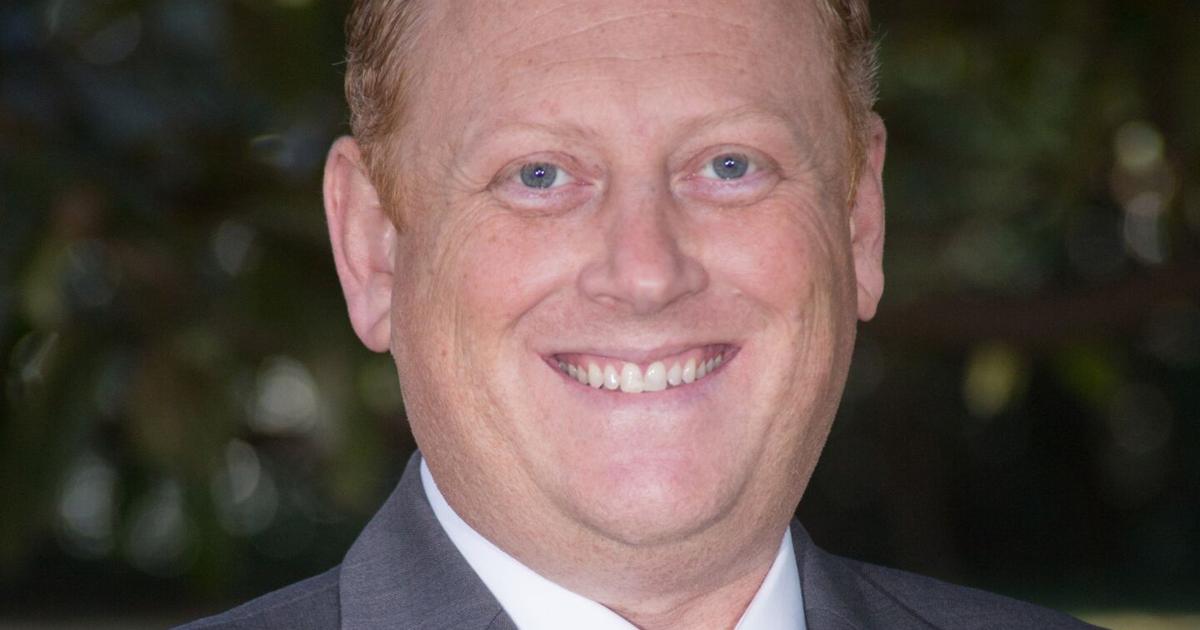Large medical expenses can create a heavy financial burden. And the fact is, we are all susceptible to unexpected and costly medical events. Although we can’t control if and when we might face an unexpected health problem, we can prepare financially. Here are several strategies to help you get started.
The realities of today’s medical coverage To start, it’s important to make sure you have the right health insurance to help you manage the financial consequences of a health crisis.
Most people receive coverage either through their employer, through an individual insurance policy, or through a government program such as Medicaid or Medicare. Regardless of how you are insured, it is increasingly common today to have to pay co-pays or deductibles when you need care. Therefore, your financial commitment does not end with the premiums for which you may be responsible. Depending on the policy you purchase, you could easily face out-of-pocket expenses costing several thousand dollars.
People also read…
One way to manage these costs is to pay close attention to whether the providers you work with are in-network or out-of-network. Generally, your personal financial liability is limited with in-network providers, but your insurance coverage may be insufficient if you use out-of-network services.
In emergency situations, you may not have much control over who provides your care. These circumstances can result in particularly high bills that can surprise those who thought their health insurance would cover them.
Take the time to understand what is and is not covered under your current health insurance policy so you can be better informed about the potential financial impacts.
Insurance is not a sufficient plan for thatHealth insurance can mitigate much of the financial risk, but it does not eliminate it. You should have money saved in an emergency fund to help cover additional expenses.
Conventional wisdom recommends setting aside three to six months’ worth of household income in an emergency fund. These are dollars that must be easily accessible and held in vehicles such as bank savings accounts or money market funds. Given the rate of inflation and rising costs of living, an even larger emergency fund, equal to nine months of income or more, may be appropriate.
If possible, avoid depleting accounts created to meet long-term goals, such as retirement or college expenses. Setting up a dedicated cash cushion can help you manage surprise medical bills without depleting savings dedicated to other goals.
Short-term disability insurance options can also provide important financial protection. If you must miss work due to illness or injury, short-term disability insurance policies typically provide a specified portion of your salary that can be used to cover your expenses. Evaluate the options that may be available from your employer and consider purchasing an off-the-shelf policy or enhanced policy if necessary.
Other steps to considerIf you’re struggling to pay your bills, there are other steps to consider:
Talk to your doctor to try to make arrangements to change fees or establish a payment plan that you can realistically stick to.
If you need more advice, consult a credit counselor who may be able to help you structure a solution to deal with your financial challenges.
If you experience a major medical event, paying for it should be the least of your worries. Planning ahead is your best defense against the impact of surprise expenses. Your financial advisor can work with you to ensure you are well prepared.
Nic Gilliam, BFA, APMA is a financial advisor with Cordian Wealth, a private wealth advisory firm of Ameriprise Financial Services, LLC in Statesville. He specializes in fee-based financial planning and asset management strategies. To contact him, you can call 704-872-8181. It is located at 642 Signal Hill Drive Ext Statesville, NC 28625.
#Plan #ahead #surprise #medical #bills
Image Source : statesville.com

